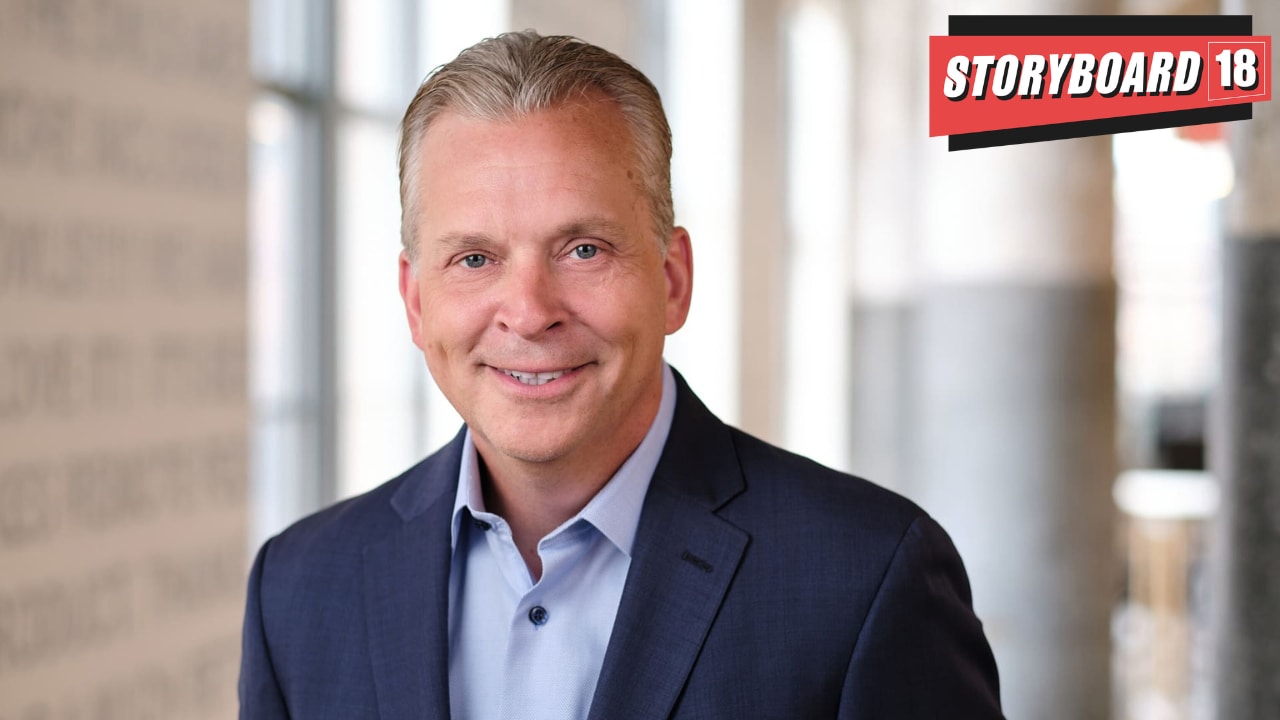As companies push for employees to come back to the office, HR specialists in India have flagged a troubling trend termed ‘coffee badging’, where employees engage in superficial strategies for returning to the office. Despite criticism from many workplaces labelling this practice as insincere, the CEO of Owl Labs, a Boston-headquartered video conferencing equipment manufacturer, supports it.
Frank Weishaupt, with over 20 years of executive experience at various companies, from startups to giants like Yahoo, advocates for flexible scheduling and location choices for his employees. This includes endorsing the practice of ‘coffee badging’.
The concept refers to employees swiping their badges to enter the workplace, spending some time socialising over coffee with colleagues, and then returning home to complete their work remotely. Weishaupt expressed to ‘CNBC Make It’ that this approach should be embraced by employers universally. He believes that if individuals find value in office interactions before requiring solitude to be productive, they should be allowed to follow this pattern.
Weishaupt told the publication that his approach is centred on hiring individuals to accomplish tasks, rather than monitoring their work. “I do love the in-office participation when we get it, but I want it to be organic”, he added.
The Owl Labs CEO emphasised that while the office still serves a purpose, rigid mandates dictating specific arrival and departure times are outdated. “Monitoring employee activity is a really slippery slope where you’re going to lose trust”, he added.
Based on a survey conducted by software firm Checkr among 3,000 American workers and managers, it was found that the majority of bosses also prefer remote work. Weishaupt offers advice to bosses feeling caught in the middle, “Trust your gut and do what’s right for your particular workplace”.
“The office has a role, but it’s more task based,” he told CNBC Make It. He explained that if he has in-person meetings on Wednesday morning, he’ll be present in the office for those, and if he opts to stay in the office for the rest of the day to complete his work, he’ll do so. However, he believes he should have the flexibility to work from another location if he chooses.
